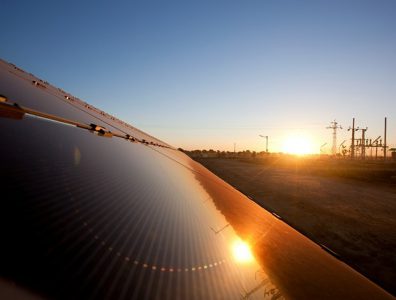
Uganda is planning to open its third oil and gas bid round in May 2023, Minister of Energy and Mineral Development Ruth Nankabirwa Ssentamu announced on Friday.
…

Oil reserves:1.4 billion barrels
Gas reserves:14.2 bcm
Uganda’s oil and gas industry is attempting to quickly build up its infrastructure to take advantage of opportunities found in recent hydrocarbons discoveries before the world transitions away from fossil fuels towards more sustainable energy sources. Since oil was first discovered in 2006, the government has put comprehensive measures in place to ensure the efficient and value-added development of the nation’s petroleum resources, most of which are found alongside its western border with the Democratic Republic of Congo. More than 20% of Uganda’s impressive oil and gas reserves are thought to be recoverable.
Uganda’s petroleum industry is regulated by the Petroleum Authority of Uganda in tandem with the state-run Uganda National Oil Company, which heads its upstream operations. The Ministry of Energy and Mineral Development is the government entity responsible for developing and managing the nation’s energy resources. The country has successfully attracted international players such as TotalEnergies and China National Offshore Oil Corporation in developing the country’s upstream, midstream and downstream potential.
While being East Africa’s third-largest economy, more than 60% of Ugandan citizens lack adequate energy supply. Greenfield investments in the upstream industry have the potential to halt the country’s reliance on energy imports and add to its economic development through exports to the region. The country has significant renewable energy potential, including hydropower, biomass, solar, geothermal, wind and peat. Uganda National Renewable Energy Efficiency Alliance cites the country’s overall renewable energy potential as 5.3 GW.
“The energy industry is crucial, especially because of associated industries like infrastructure, processing and fabrication. Activity will not happen if there is no electricity. Electricity and other forms of energy are essential,” Ugandan President Yoweri Kaguta Museveni told the Energy Year. “Oil is finite and exhaustible, so we should use the oil money to create durable capacity. This capacity will be for modernising our railways, our energy and our transportation. That will attract the business that needs this infrastructure, especially manufacturing.”

TotalEnergies has hired former prime minister of Benin Lionel Zinsou to assess its land acquisition programme related to its…
READ MORE
Uganda has extended the exploration licence of two oil and gas blocks to Nigerian independent Oranto Petroleum for two years,…
READ MORE
Mike Douglas, CEO of SKA International Group, talks to The Energy Year about the company’s pioneering provision of fuel and…
READ MORE
Steve Thomas, managing director of Africa Geophysical Services (AGS), talks to The Energy Year about variables affecting demand…
READ MORE
Uganda is set to begin the drilling programme at the Kingfisher oilfield today, state-run Petroleum Authority of Uganda…
READ MORE
Masdar has signed three agreements to develop 5 GW of renewable capacity in Angola, Uganda and Zambia, the Emirati green energy…
READ MORE







Uganda is planning to open its third oil and gas bid round in May 2023, Minister of Energy and Mineral Development Ruth Nankabirwa Ssentamu announced on Friday.
…

Eke U. Eke, CEO of SpringRock Group, talks to The Energy Year about the improving market conditions for Nigerian oil and gas production, the group’s production…
READ MORE
Since Uganda’s first commercial discovery was made in 2006, the country has been busy designing the legislative, institutional and regulatory framework to make oil…
READ MORE
“Now is the time. Uganda is the right destination for investment.” As H.E. President Yoweri Kaguta Museveni has said, 2022 represents a significant milestone in…
READ MOREWHOSE PLATFORM IS THIS?
ASK US